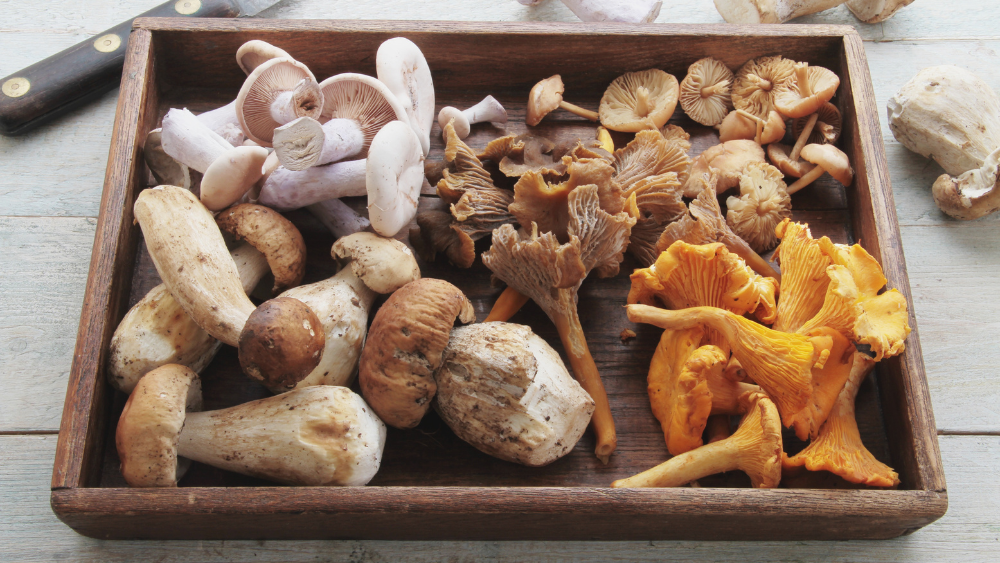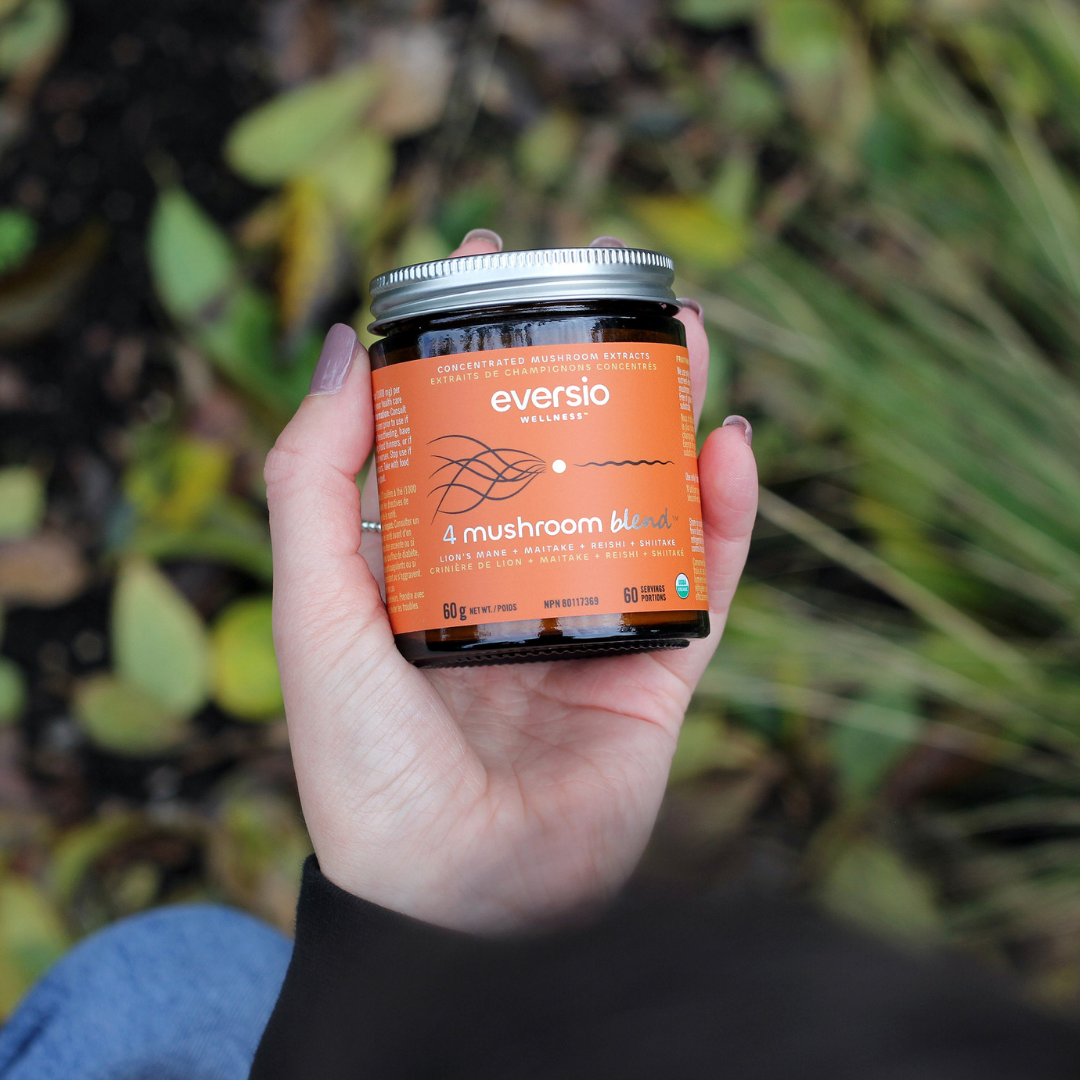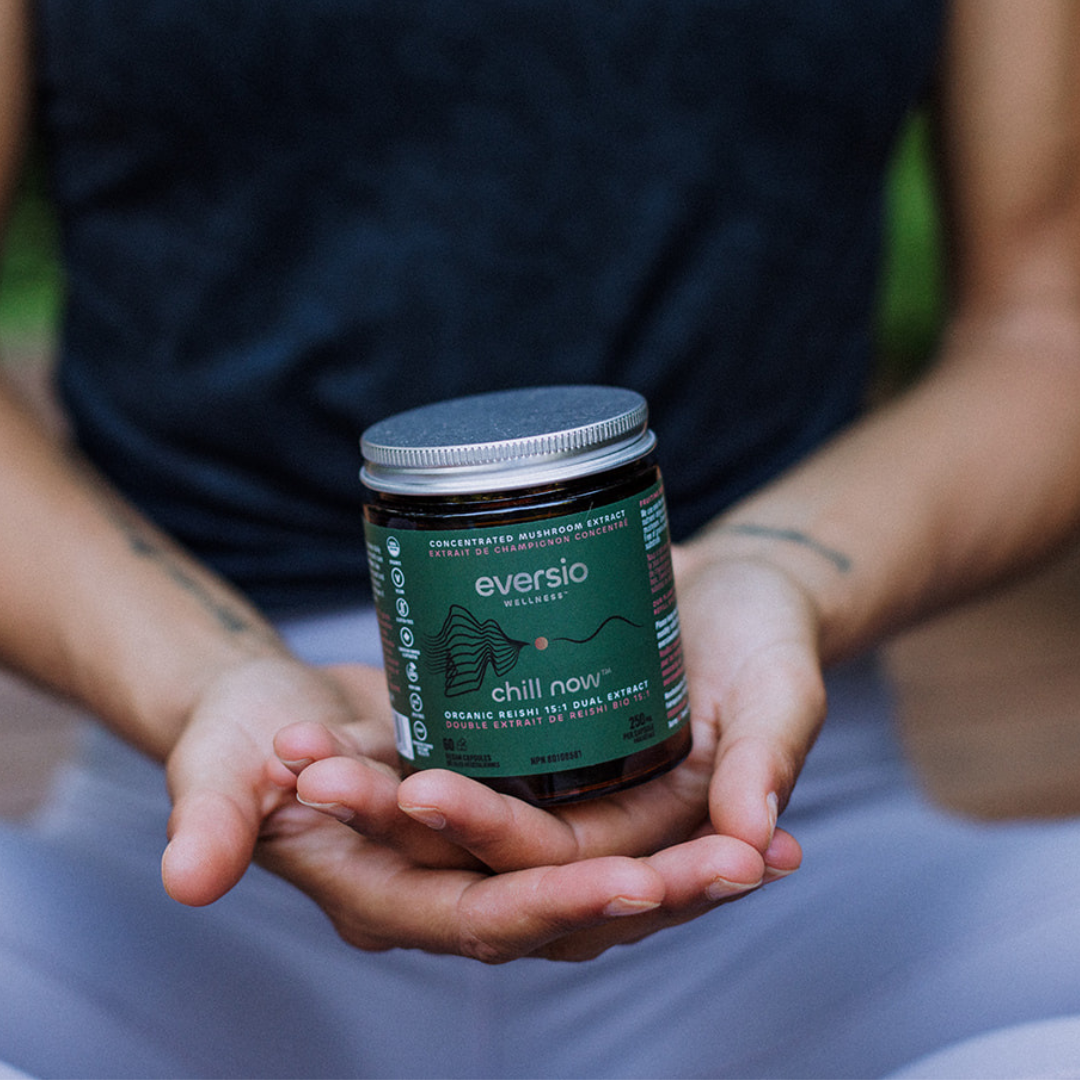January, 9 2024 | Silvana Jakupovic, ND
From Forest to Fork: How Mushrooms are Revolutionizing Plant-Based Meat
The culinary world is witnessing a shift, with plant-based meats increasingly taking center stage in our diets. Amidst this transformation, one ingredient stands out for its versatility, nutrition, and sustainability: mushrooms. From portobello mushrooms to shiitake, mushrooms are not just a food trend; they represent a significant stride in the plant-based revolution, offering a unique combination of flavour, texture, and health benefits. Today, we’re exploring how mushrooms are revolutionizing the plant-based meat industry, from their nutritional profile to their environmental impact and culinary versatility.
The Mushroom Boom: Future of Plant-Based Eating
Mushrooms have long been celebrated in various cuisines for their distinct flavours and textures. Today, they are at the forefront of the plant-based meat industry, driven by increasing demand for sustainable eating practices and healthy meat alternatives. Varieties like portobello, shiitake, and oyster mushrooms are particularly popular, thanks to their mushroom meat texture and rich flavours. The mushroom boom is not just a plant-based diet trend but a reflection of a growing consciousness toward healthier and more sustainable meat substitutes and eating habits.
Nutritional Benefits of Mushrooms
Mushrooms are a nutritional powerhouse, offering many benefits that make them an ideal substitute for traditional meat. They are low in calories yet rich in vitamins, minerals, and antioxidants. The health benefits of plant-based meats have long been a concern. Compared to other plant-based meat alternatives, mushroom nutritional values are matchless. They provide a balanced nutrient profile, including essential amino acids, vitamin D, and selenium. This makes them an excellent option for those seeking to maintain a balanced diet while reducing meat consumption.
While they're not as high in protein as animal products or legumes, mushrooms provide a decent amount of this essential nutrient, considering their low-calorie content. Mushroom protein content can vary depending on the types of edible mushrooms. Generally, you can expect about 2 to 3 grams of protein per 100 grams of raw mushrooms. However, choosing appropriate alternative protein sources for vegan and vegetarian lifestyles is essential.
Environmental Impact: Mushroom Meat Innovation
The environmental benefits of mushroom farming sustainability are substantial. Compared to traditional livestock farming, mushrooms have a significantly lower carbon footprint and require less water and land resources. This aspect is crucial, considering the environmental impact of meat production. By leveraging the naturally low environmental footprint of mushroom cultivation, these plant-based meats contribute to a more sustainable food system. This is important for those following low-carbon footprint diets.
Additionally, the sustainability aspect is a critical driver in the popularity of mushroom-based meats, as more consumers look for eco-friendly protein sources and are making eco-conscious food choices. By choosing mushroom-based meat products, consumers can contribute to reducing greenhouse gas emissions and promoting ecological balance.
The Science of Mushroom-Based Meat: Future of Vegan Meat
Creating mushroom-based meat involves innovative technologies that enhance the natural texture and flavour of mushrooms. These processes are designed to replicate the mouthfeel of traditional meat, making mushroom-based products an appealing option for vegetarians and meat-eaters. The industry is continually innovating, with new techniques emerging to improve the mushroom meat flavour profile, signalling a promising future for this segment of the plant-based meat market.
Mushrooms inherently possess a meaty texture, particularly varieties like portobello and shiitake. Food scientists enhance this natural texture through processes like fermentation, which can break down the mushroom's fibrous structure, making it more tender and similar to the texture of cooked meat. Another technique involves hydrothermal treatment, which can alter the texture to mimic specific types of meat, such as beef or chicken.
Flavour is another critical aspect. Umami, the fifth basic taste, is naturally abundant in mushrooms. This umami richness is comparable to meat, making mushrooms an ideal candidate for plant-based meat alternatives. Researchers often combine mushrooms with natural flavour enhancers, such as soy or tamari, and spices to replicate the complex flavours of meat.
Mushroom-based meats are not only about taste and texture but also about nutritional value. Unlike some processed meat alternatives, mushroom-based meats can be enriched with additional nutrients. This includes fortifying them with vitamins like B12, commonly found in animal products, making them more appealing to those on a vegetarian or vegan diet. Integrating other plant-based proteins, such as peas or lentils, can also boost the protein content while maintaining a favourable amino acid profile.
Culinary Creations: Mushroom Culinary Trends
Mushroom-based meats are incredibly versatile in the kitchen. They can be used in various dishes, from burgers to stir-fries, offering a delicious and nutritious alternative to meat. Chefs and home cooks are experimenting with mushroom meat, creating innovative recipes highlighting its unique texture and flavour. Consumer testimonials often praise mushroom-based dishes for their satisfying taste and meat-like quality, making them a popular choice in vegan mushroom recipes and vegetarian mushroom dishes.
Mushroom-based meats transcend cultural boundaries, fitting seamlessly into various global cuisines. In Asian dishes, for example, shiitake mushrooms are already a staple. These can be elevated in stir-fries or dumplings as a plant-based meat alternative. Similarly, in Mexican cuisine, mushrooms can be the star ingredient in tacos or enchiladas, bringing a satisfying heartiness to these beloved dishes.
The culinary creations possible with mushroom-based meats are limited only by one's imagination. These versatile, nutritious, and eco-friendly alternatives are revolutionizing how we think about plant-based cooking. From hearty main dishes to light appetizers, mushrooms are a staple ingredient for innovative, sustainable, and delicious cooking. Mushroom cooking techniques are boundless.
Challenges and Opportunities: Meat Substitute Market Growth
Despite the growing popularity of mushroom-based meats, the industry faces challenges such as production costs and public perception. However, these challenges also present opportunities for growth and innovation. As the market for meat substitutes continues to expand, there is significant potential for mushroom-based products to become a mainstream choice for consumers. The industry's future looks bright, with ongoing research and development aimed at improving production efficiency and consumer acceptance.
Mushrooms are more than just a culinary ingredient; they are at the forefront of a food revolution, offering a sustainable, nutritious, and delicious alternative to traditional meat. Their role in the plant-based movement is significant, with benefits that extend beyond personal health to global environmental sustainability. As the industry continues to innovate, mushrooms are set to play a pivotal role in shaping the future of our diets.





















Leave a comment
All comments are moderated before being published.
This site is protected by hCaptcha and the hCaptcha Privacy Policy and Terms of Service apply.